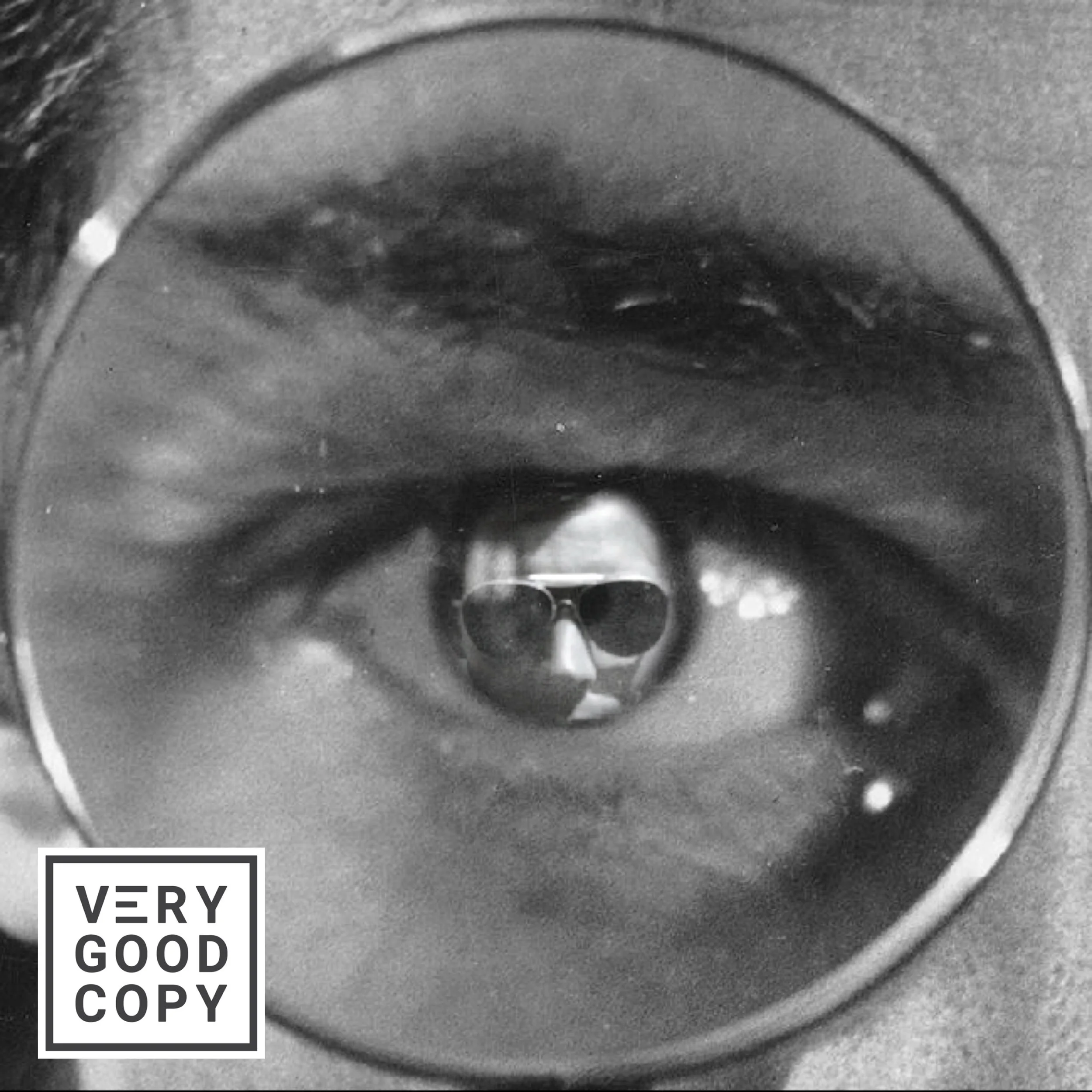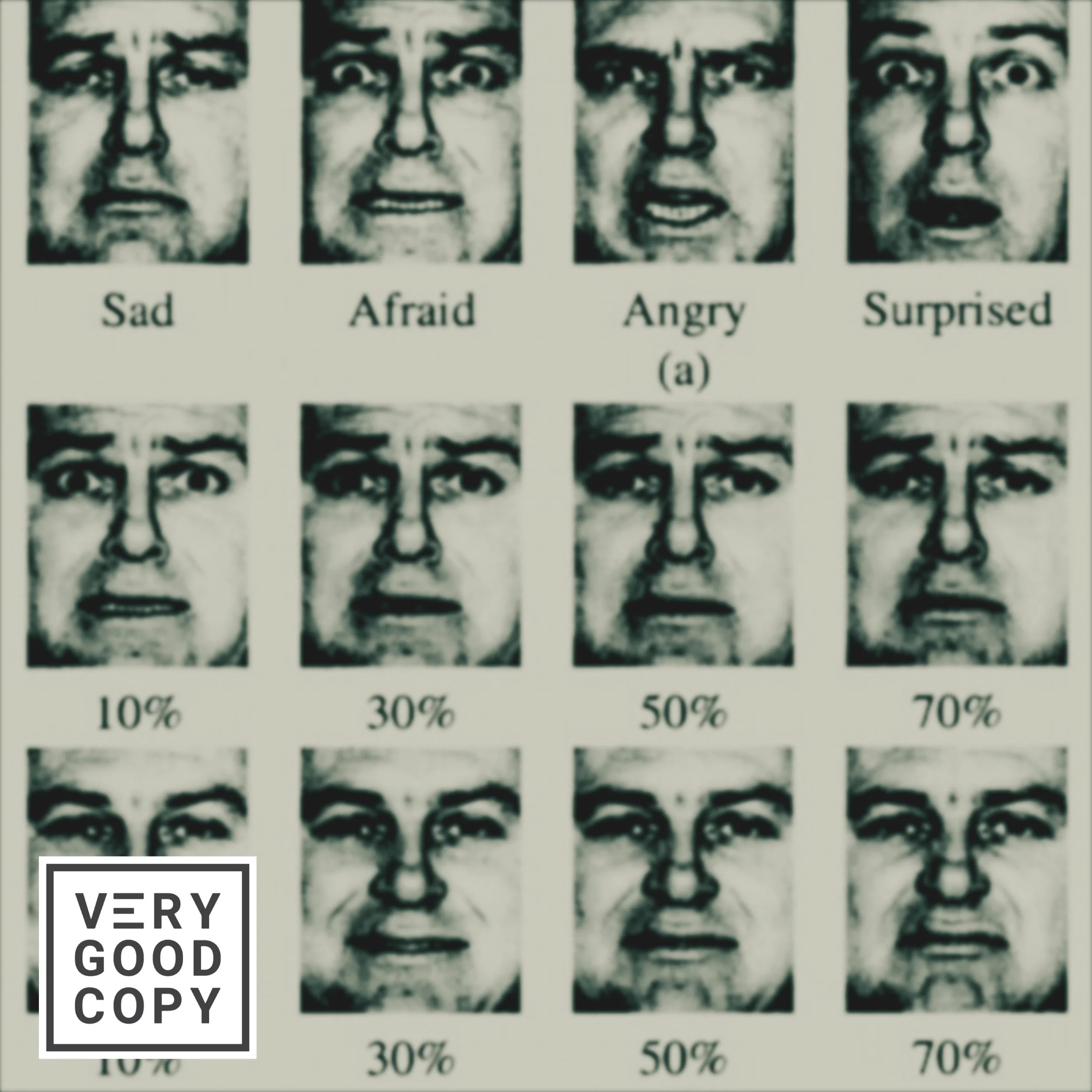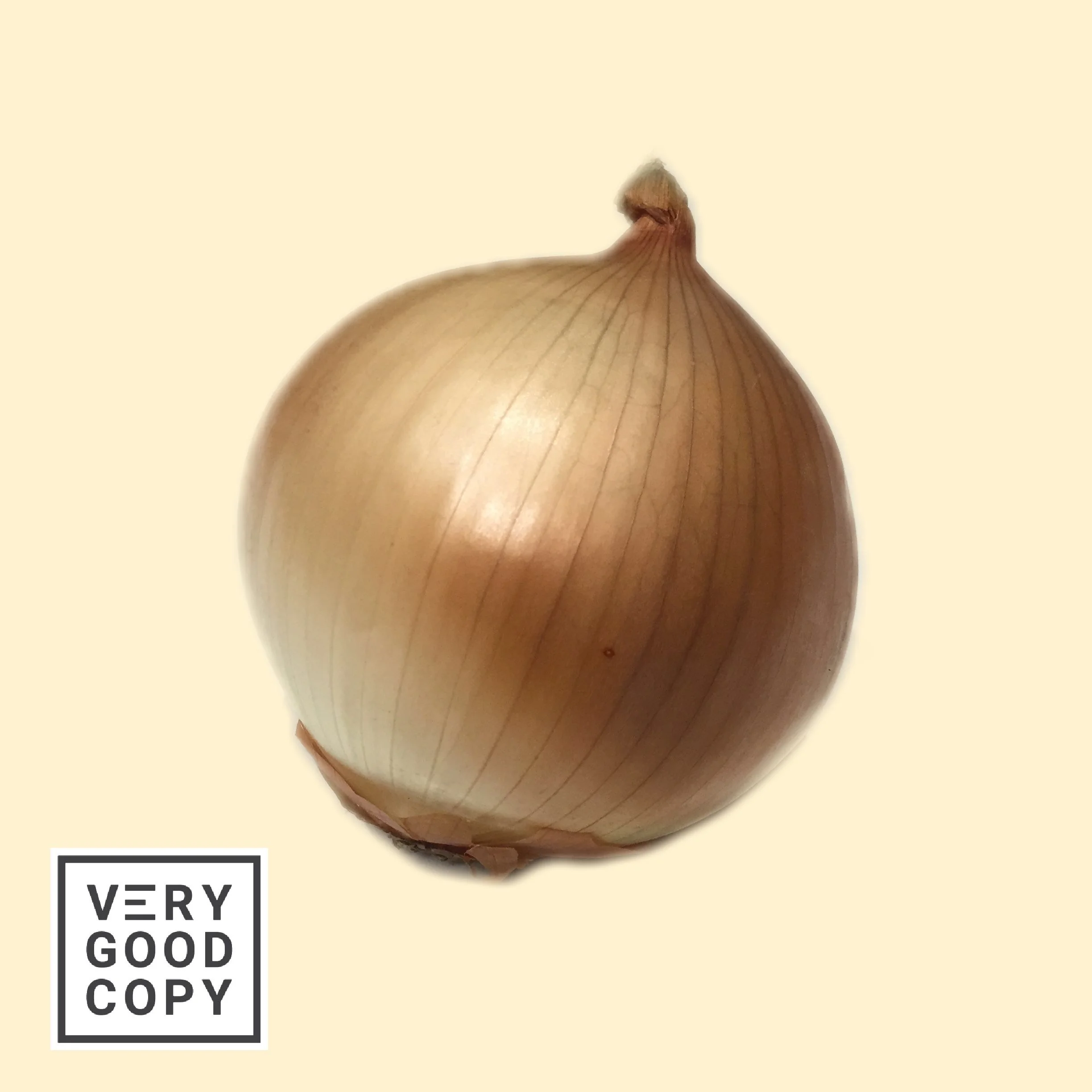![VERY GOOD COPY [LOGO].png](https://images.squarespace-cdn.com/content/v1/5615edeae4b0b9df5c3d6e90/1503880012836-8HI85RMQWMQG47YN559M/VERY+GOOD+COPY+%5BLOGO%5D.png)
Let’s pretend you want to promote your business on the radio.
First, you have to write the ad.

Then record the copy.
Then you have to buy radio time. But you can’t buy only one spot. No radio station would sell you a single spot. You would need to buy a bundle, at least five or six spots at a time.
Why? Because by locking you into several spots, the radio station is maximizing your ad's potential response: The more an ad is heard, the more effective it will be.
In 1885, a businessman named Thomas Smith wrote a book ...
He called it Successful Advertising. In one part, Smith breaks down the impact of repeated exposure to an ad:
The first time people look at any given ad, they don’t even see it.
2nd: they don’t notice it.
3rd: they are aware that it is there.
4th: they have a fleeting sense that they’ve seen it somewhere before.
5th: they actually read the ad.
They start to wonder if they're
missing out.
6th: they thumb their nose at it.
7th: they start to get a little irritated with it.
8th: they start to think, “Here’s that confounded ad again!”
9th: they start to wonder if they’re missing out on something.
10th: they ask their friends and neighbors if they've tried it.
11th: they wonder how the company is paying for all these ads.
12th: they start to think that it must be a good product.
13th: they start to feel the product has value.
14th: they start to remember wanting a product exactly like this for a long time.
15th: they start to yearn for it because they can’t afford to buy it.
16th: they accept the fact that they will buy it sometime in the future.
17th: they make a note to buy the product.
18th: they curse their poverty for not allowing them to buy this terrific product.
19th: they count their money very carefully.
20th: they buy what it is being offered.
How did he come up with this series of ultra-specific reactions?
He probably made it up. After all, it was 1885. But he was onto something.
For example, how many times have you seen an ad for FanDuel, the fantasy gaming website, since football season started?
They’re everywhere: Commercials, online banners, billboards. The onslaught is relentless.
But it works.
FanDuel quadrupled its revenue in the nine months since the campaign began.
Repetition is a powerful marketing tactic that drives results.
As Thomas Smith expressed, even when you have a valuable, benefits-rich message, it takes pressure and time to turn prospects into customers.
Pressure and time.
Pressure and time.
LEARN TO PERSUADE
![VeryGoodCopy [Logo] DARK.png](https://images.squarespace-cdn.com/content/v1/5615edeae4b0b9df5c3d6e90/1527122838739-3FQKB1OV8FBPWU02CJT6/VeryGoodCopy+%5BLogo%5D+DARK.png)
WRITE BETTER.
MARKET BETTER.
SELL MORE.







































![How copywriters put prospects in the buying mood [quick trick]](https://images.squarespace-cdn.com/content/v1/5615edeae4b0b9df5c3d6e90/1533095575515-C2JPAZA3C46IBX00EMM8/Put+prospects+in+the+buying+mood+%5BVGC+art%5D.JPG)




















